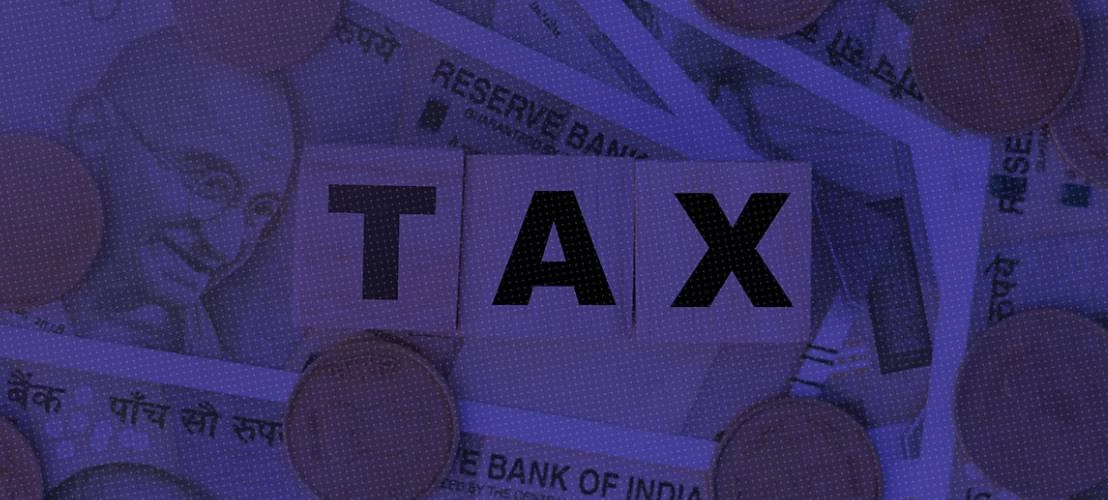Observing that there was a bona fide belief on the part of the patentee regarding no requirement of permission under Section 39 of the Patents Act, 1970 for foreign filing of patent of addition, when parent invention was first filed in India, the Madras High Court has set aside the order rejecting patent application on the ground that the same was deemed to be abandoned under Section 40.
Section 39 restrains a person resident in India from making an application outside India for grant of patent for an invention without obtaining a written permit from the Controller, while Section 40 deems the application to be abandoned in case there is contravention of Section 39.
Directing for reconsideration of patent application, the High Court considered the statutory provisions (Sections 54 to 56 of the Patents Act, 1970) relating to patent of addition, nature of the parent invention (method for determining authenticity or tampering of a security label and the method of recording colour profiling in relation thereto), claimed patent of addition (method for an automated authentication of the security label) and the fact that the application for grant of patent for the parent invention was first filed in India.
The Court was of the view that the patent applicant did not intend to circumvent the requirements of Section 39 and that there was credibility in the assertion of bona fide belief that permission under Section 39 was not necessary.
The Court in Selfdot Technologies (OPC) Pvt. Ltd. v. Controller General of Patents, Designs & Trademarks [Judgement dated 28 November 2023] also held that the breach committed by the patentee was a technical breach and would not trigger the deemed abandonment under Section 40.
Tracing the history of the amendments in Section 40, the Court in this regard observed that the words ‘contravention of Section 39’ in Section 40 are intended to apply to situations where there is a clear breach of the requirement of written permit (prior consent from Central Government) in respect of inventions in all fields, including in the specific context of inventions relevant for defence purposes or atomic energy.
It was hence of the view that a legal fiction incorporated in Section 40 is intended to serve a particular purpose to prescribe the consequences of a clear breach of Section 39, as opposed to procedural irregularities, and that the scope of Section 40 should not be extended beyond such purpose.







